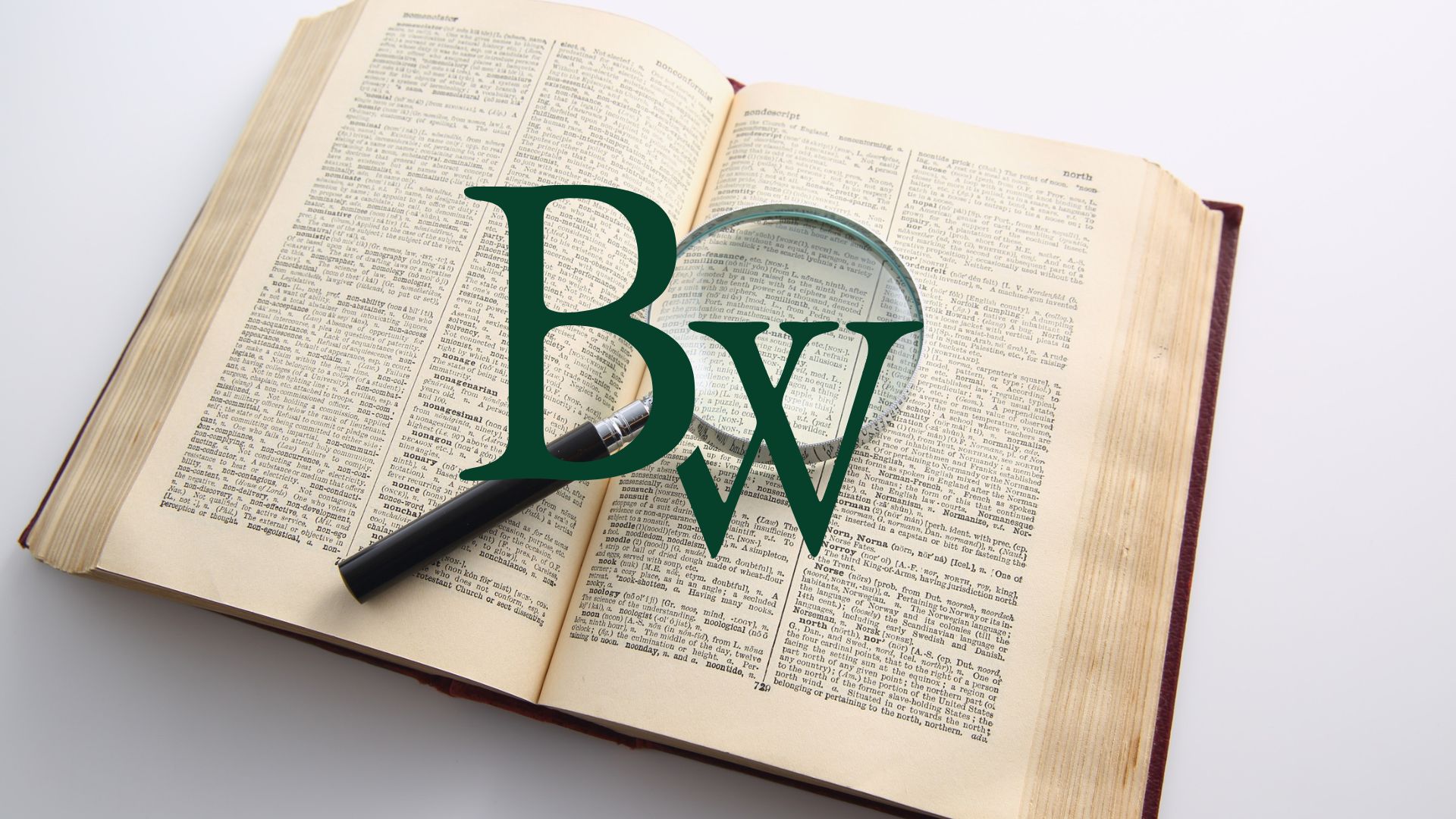Leasehold Estate Information
A leasehold estate arises when a landlord (lessor) conveys the right to use and possess property to a tenant (lessee) for a defined term, usually in exchange for rent. The tenant holds a temporary right of possession, while the landlord retains ownership.
Leasehold estates can vary in duration and purpose, and they typically end when the lease term expires or is terminated according to the agreement’s conditions.
There are four main types of leasehold estates recognized in property law:
- Estate for Years: A fixed-term lease with a definite start and end date.
- Periodic Tenancy: Automatically renews after each period (e.g., month-to-month) until terminated by notice.
- Tenancy at Will: Continues indefinitely until either party terminates it.
- Tenancy at Sufferance: Occurs when a tenant remains in possession after the lease expires without the landlord’s consent.
Leasehold estates are common in both residential and commercial leases and define the extent of the tenant’s rights and obligations.
Florida Legal Definition
Under **Florida law**, a leasehold estate is recognized as a form of personal property interest that grants the tenant temporary possession of land or premises. It is governed primarily by **Chapter 83, Florida Statutes**, which regulates landlord-tenant relationships.
Florida distinguishes between **residential leaseholds** (Part II of Chapter 83) and **nonresidential leaseholds** (Part I of Chapter 83). While tenants have possessory rights, ownership and title remain with the landlord.
Upon expiration or lawful termination of the lease, possession must be returned to the landlord, and failure to do so may lead to eviction under **Section 83.59, Florida Statutes**.
How It’s Used in Practice
Leasehold estates are used in both short-term and long-term property arrangements:
- In residential housing, tenants occupy homes or apartments under leasehold rights.
- In commercial real estate, businesses lease offices, retail spaces, or land for specific durations.
- Long-term leaseholds (often 99 years) can resemble ownership and are sometimes used for ground leases.
- Attorneys and real estate professionals use leasehold terms to clarify possession limits and renewal rights.
Key Takeaways
- A leasehold estate gives a tenant possession and use of property for a limited time, not ownership.
- It is created by a lease agreement between landlord and tenant.
- Florida governs leasehold estates under **Chapter 83, Florida Statutes**.
- Four main types exist: estate for years, periodic tenancy, tenancy at will, and tenancy at sufferance.
- Leaseholds end upon lease expiration or lawful termination, at which point possession reverts to the landlord.
Disclaimer: The information and opinions provided are for general educational, informational or entertainment purposes only and should not be construed as legal advice or a substitute for consultation with a qualified attorney. Any information that you read does not create an attorney–client relationship with Barnes Walker, Goethe, Perron & Shea, PLLC, or any of its attorneys. Because laws, regulations, and court interpretations may change over time, the definitions and explanations provided here may not reflect the most current legal standards. The application of law varies depending on your particular facts and jurisdiction. For advice regarding your specific situation, please contact one of our Florida attorneys for personalized guidance.
Visit our legal department pages:
Real Estate Attorneys
Business Attorneys
Litigation Attorneys
Estate Planning Attorneys
Inheritance Attorney
Probate & Trusts
Trust • Experience • Results
Ready to Get Started?
Get started with Barnes Walker today.









